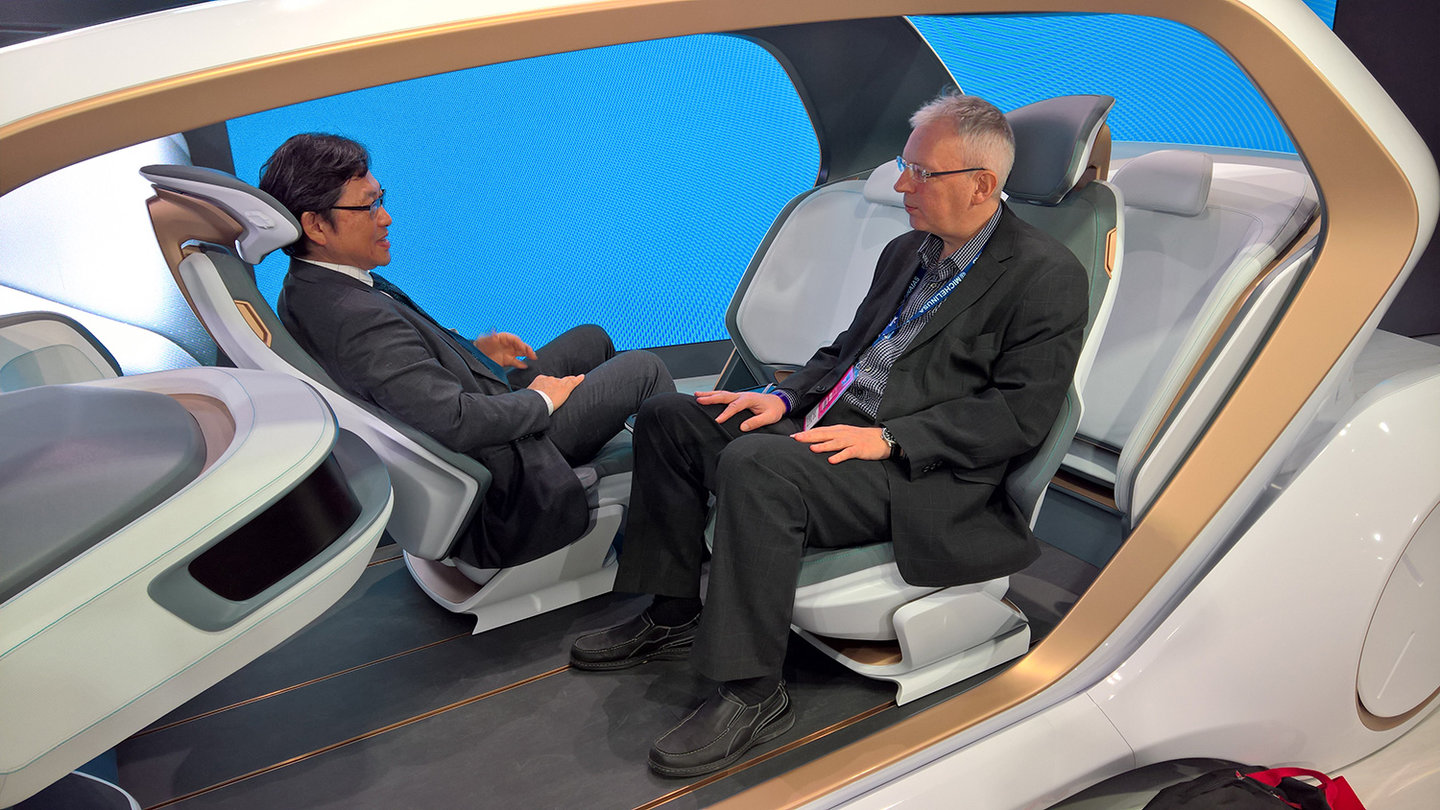The automotive outlook for 2020: What will 2020 bring in automotive?
FROM THE EDITOR: A year of challenges and opportunities beckons
Welcome to issue number 4 of the just-auto magazine.
If 2019 was a year of some turbulence in the auto industry, get ready for more in 2020. Trade tensions - most notably between the US and China - have adversely impacted the global economy and show little sign of ending anytime soon. Lower economic activity and depressed consumer and business confidence across the world means demand for big-ticket items like cars suffers. Car companies are chasing fewer customers. The market for commercial vehicles, too, is dented when business confidence turns down.
In simple terms, the global automotive pie is not growing as reliably as it was until very recently. But this is not simply a case of demand being subject to the cyclical ebbs and flows of the global economy. Automakers, quite rightly, also detect structural change at work. The established order and value chain is under threat like never before as disruptive forces such as personal connectivity encourage new entrants and new thinking about the way we move around. Our lifestyles are being changed by the apps on our personal devices and our future mobility preferences will be at the heart of this momentous change.
Will car companies, long the bastions of complex product engineering and owners of coveted brands, continue to thrive on a model of evolutionary change that enhances today's automotive products? Or will we increasingly opt for new ways of addressing mobility based on asset sharing and on-demand access of transportation, with revolutionary change taking over the transport landscape? These are questions that will be answered in the long-term, but the auto industry's participants know that they have to be positioning their businesses for the big changes ahead, and structural change is already impacting the marketplace, the industry's structure and the products it offers.
In 2020, the carmakers will be focusing, in particular, on electrification. We will be hearing a lot more about the technologies and the product - especially in Europe where carmakers are under pressure to meet much tighter fleet average CO2 figures or face hefty fines. The decline of diesel in Europe has left them relying much more heavily on electrified vehicles to meet the tougher targets. For some, that may well present an unattractive trade-off between avoiding fines and selling electric vehicles at below cost prices. Choosing the latter option is arguably the way to go with one eye on the future and boosting limited consumer acceptance for electric propulsion (stubbornly lacking so far due to performance constraints embodied in 'range anxiety', but also deterred by high purchase prices).
Car companies will continue to react to pressure on their cost base by collaborating. The automotive industry is peppered by cross-companies collaborations that focus on emerging (and costly) advanced technologies - especially electrification and autonomous (or automated) drive. In 2020, we'll get a sense of how these collaborations are progressing. Will there be more full-on mergers? I wouldn't rule it out. There is certainly a mounting sense among stakeholders that now is the time to make corporate restructuring moves that will benefit shareholders and employees (those that are left) in the long-run. Inaction risks being left competitively exposed with the higher costs that come with independence and going it alone.
Similarly, in the supplier industry there is a change dynamic at work, firms reshaping themselves to lever competitive strengths in emerging technologies or pick up corporate assets cheaply divested by others in the interest of greater product specialisation. If your firm or factory specialises in parts for combustion engines, all is not lost. Orders will still be there for many years to come. But the market will be declining in the long-run. It's not a recipe for natural growth in the way that providing components for electric drivetrains will undoubtedly be.
The coming year will also be one in which we hear more about climate change and the impact of human behaviours. Like it or not, transportation will be at the centre of the conversation and at times heated debate. One thing is irrefutable though: the auto industry is changing rapidly, in terms of its business models (how we consume 'transport'), its value chain, prevailing technologies and its products. The only constant is change and the pace of that change is accelerating.
Dave Leggett,
Editor

Swivel and talk: Adient rethinks the cabin seat layout



